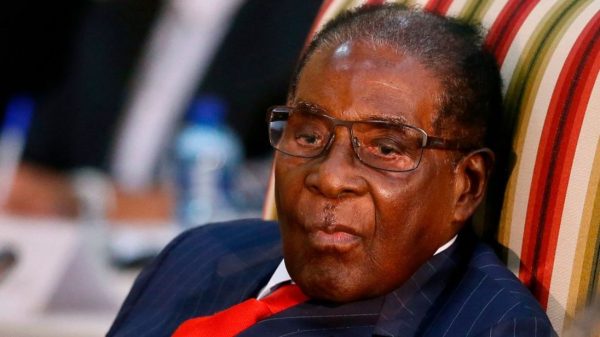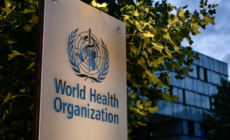But critics pointed out that Zimbabwe’s healthcare system had collapsed under Mr Mugabe’s 30-year rule.
Staff often go without pay, medicines are in short supply, and Mr Mugabe, who has outlived the average life expectancy in his country by three decades, travels abroad for medical treatment.
Mr Tedros said he had consulted with the Zimbabwean government and decided that rescinding Mr Mugabe’s position was “in the best interests of” the WHO.
He said he remained “firmly committed to working with all countries and their leaders” to build universal health care.
Mr Tedros, elected in May under the slogan “let’s prove the impossible is possible” had said he hoped Mr Mugabe would use his goodwill ambassador role to “influence his peers in the region”.
But the appointment was met by a wave of surprise and condemnation. The UK government, the Canadian prime minister, the Wellcome Trust, the NCD Alliance, UN Watch, the World Heart Federation, Action Against Smoking and Zimbabwean lawyers and social media users were among those who criticised the decision.
The BBC’s Andrew Harding in Johannesburg reports that Mr Mugabe’s supporters are likely to see this episode as Western meddling in Africa.











 (Selorm) |
(Selorm) |  (Nana Kwesi)
(Nana Kwesi)